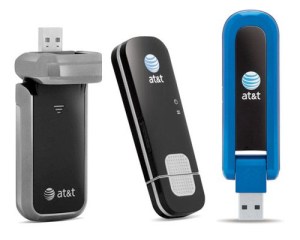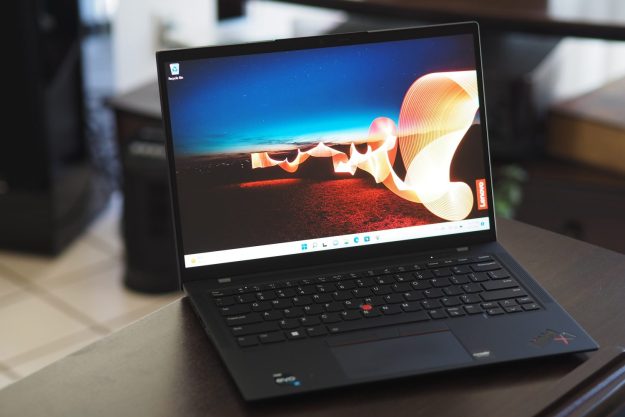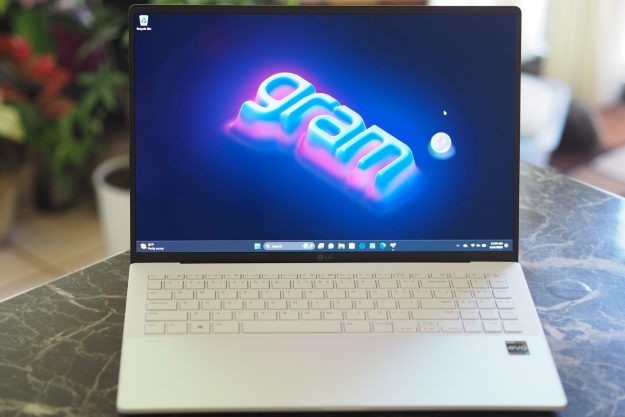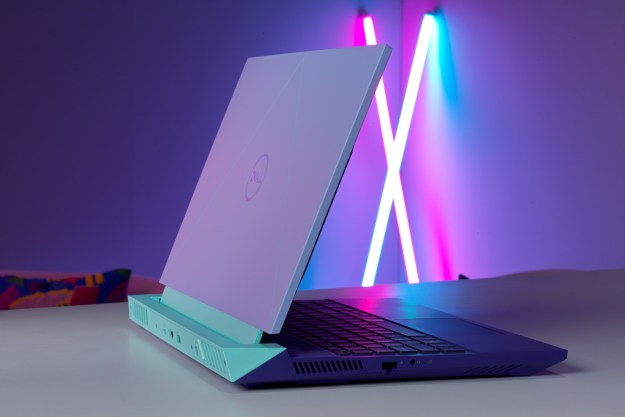
AT&T has announced its first LaptopConnect devices that not only run on the company’s existing HSPA mobile data services, but are upgradeable to support HSPA+ (so-called 3.5G) and LTE (4G) networks when they become available. Going a step further, AT&T has also unveiled its first LaptopConnect device that can be used with a pre-paid data plan.
“With the planned deployment of HSPA+ technology later this year, combined with the continued rollout of expanded backhaul, AT&T will have increased our 3G download or upload speeds multiple times in five years,” said AT&T Mobility VP o Michael Woodward, in a statement. “We have purposefully planned our path to LTE to create a wireless network where the transition from 3G does not give customers wireless whiplash.”
The up, the AT&T USBConnect Adrenalin, made by LG, sports a GPS for location-aware services, a microSD slot for handling up to 32 GB of removable storage, along with the capability to tap into Wi-Fi hotspots as well as AT&’T’s exiting HSPA network. However, the Adrenalin’s signature feature is that it will be upgradable to LTE when service is available. The Adrenalin will run $49.99 after a mail-in rebate with a two-year service agreement and minimum data plan.
Next, the USBConnect Shockwave, made for AT&T by Sierra Wireless, runs on AT&T’s existing HSPA network and is already set to run on HSPA+ when it becomes available—although it lacks a microSD slot and other gizmos, it is free after a mail-in rebate with a two-year service agreement and minimum data plan.
For folks who balk at contracts and data plans, the AT&T USBConnect 900, made by Huawei, works with AT&T’s existing HSPA service. Although it costs $79.99 up front and won’t magically work with LTE or HSPA+ when they become available, users will be able to buy data service as they need it: $15 will buy a one-day pass good for up to 100 MB, $30 will buy a 300 MB one-week pass, and $50 will buy a one-month, 1 GB pass: not the cheapest way to go, but perhaps an option for folks who need bits of mobile connectivity once in a while.
Editors' Recommendations
- Walmart shoppers can’t get enough of this $169 HP laptop with Office 365
- This HP 17-inch laptop is discounted from $500 to $300 today
- Dual-screen laptops is the idea that just won’t die
- Don’t buy the Surface Laptop Go 3 — here’s what you should get instead
- I review laptops for a living, and these are the settings I change on every device


